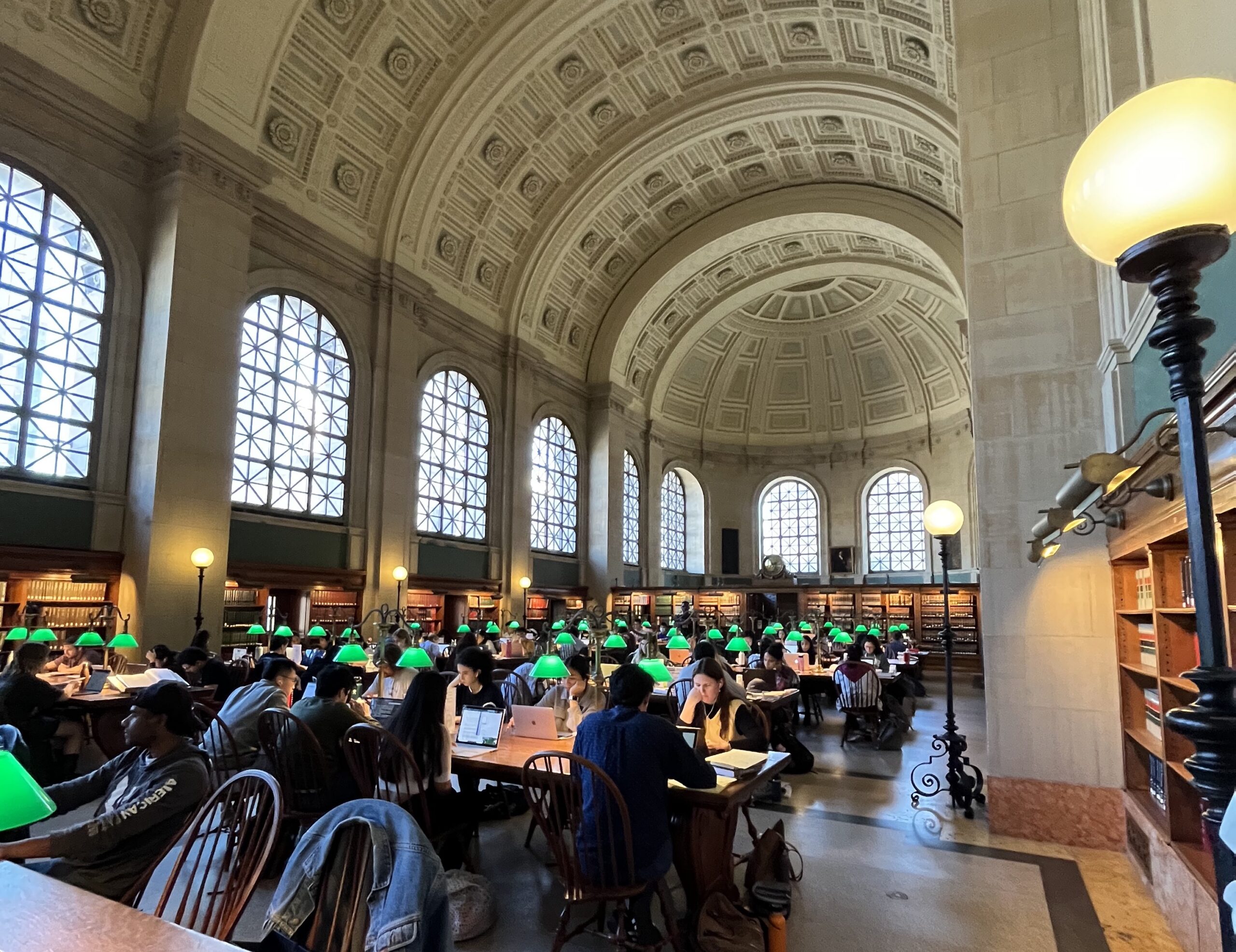My Top Study Strategies + Tips

Looking for helpful study strategies? These can help you in college, high school, or really any situation in which you need to learn something efficiently.
How long you study doesn’t necessarily correlate with better outcomes, it depends on how you study. Note, these tips may or may not work for you, but give them a try!
1. The Condensed Sheet
It’s essential for me to make a condensed page of formulas, topics, and other key concepts even if there are no notes allowed during a test/presentation. It allows me to organize everything clearly and also map out what topics I’m supposed to know. Then I can go through and cherry-pick the ones I realize I have to study more.
It essentially helps to visualize the main topics that are needed to know and the ones you’re having trouble with.
You can also still use this sheet to refresh concepts easily until an exam. Even recap right before.
Of course, if your test is open note, having the key concepts written down in a condensed format makes them more easily accessible, which is helpful for tests that are timed.
2. Starting Early
Procrastination is addicting – if it works once, it’s difficult to not fall into continuing the cycle. But getting started as early as possible can be vital for studying. Can’t find the motivation? Check out these 11 Ways to Get Motivated.
Studying always takes longer than one thinks. This can be from a variety of factors – distractions, not understanding, procrastination, sleeping, talking, breaks, etc.
Check out this scholarly guide. It even recommends spacing your studying out which helps with recalling. As you can see – just because you could learn the day before – if may be more effective to start much earlier.
3. Utilizing Resources
Don’t sit there struggling on a topic. There are probably plentiful resources out there for you to get help – use them!
It’s a good investment of your time to get to learn and become aware of all the resources available to you, especially at a university (where you might even be paying for it in some way or another through tuition).
Some common ones at college:
- office hours
- TA’s
- emailing
- piazza
- tutoring programs (perhaps free)
- going to review sessions
4. Make an Initial Plan
It’s so easy to simply go on your phone during a time you set aside to study. It’s even easier to do that when you don’t have an initial plan set out for your study time.
Being clear about what you have to do and when helps tremendously. It can help you visualize what to prioritize, where to start, and how to go about studying.
When I don’t have a study plan I get overwhelmed with how to even study topics and what I need to cover and I end up wasting a lot of time. This is especially true for peak pure studying times – like before midterms or finals. With an initial plan, I probably would study way more efficiently. But what should you list in your plan?
- when tests are happening
- the subjects
- mainly: read “what to use/do” below for what to put under each subject
- when you plan to finish what
5. What to Use/Do
If you’re studying for an exam, sometimes it’s hard to figure out exactly how to study. Just reread a textbook? Look over notes? Write things over and over? These might not be the most effective strategies. Below are some I recommend more:
- complete study guides professors provide
- redo “active” things
- homework
- in-class assignment/exercise/activities/handouts
- labs
- take practice exams, if available
- read the textbook if you haven’t yet & take notes
- make a condensed sheet (as the first strategy explained)
On a side note, don’t forget to get good sleep 🙂




Leave a Reply